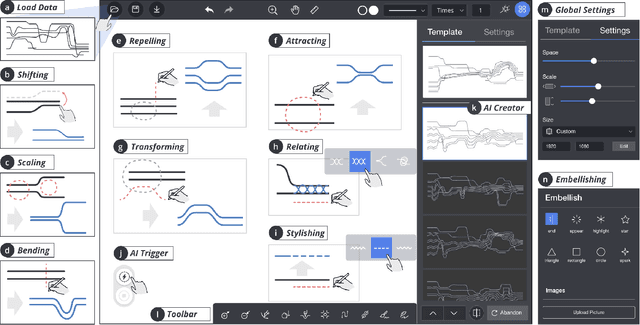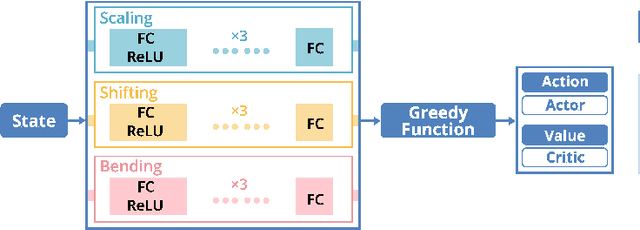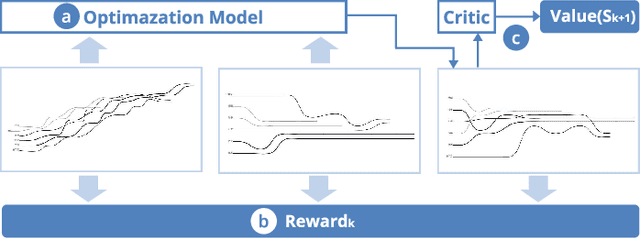Tan Tang
Real-Time Visual Analysis of High-Volume Social Media Posts
Aug 06, 2021



Abstract:Breaking news and first-hand reports often trend on social media platforms before traditional news outlets cover them. The real-time analysis of posts on such platforms can reveal valuable and timely insights for journalists, politicians, business analysts, and first responders, but the high number and diversity of new posts pose a challenge. In this work, we present an interactive system that enables the visual analysis of streaming social media data on a large scale in real-time. We propose an efficient and explainable dynamic clustering algorithm that powers a continuously updated visualization of the current thematic landscape as well as detailed visual summaries of specific topics of interest. Our parallel clustering strategy provides an adaptive stream with a digestible but diverse selection of recent posts related to relevant topics. We also integrate familiar visual metaphors that are highly interlinked for enabling both explorative and more focused monitoring tasks. Analysts can gradually increase the resolution to dive deeper into particular topics. In contrast to previous work, our system also works with non-geolocated posts and avoids extensive preprocessing such as detecting events. We evaluated our dynamic clustering algorithm and discuss several use cases that show the utility of our system.
PlotThread: Creating Expressive Storyline Visualizations using Reinforcement Learning
Sep 01, 2020



Abstract:Storyline visualizations are an effective means to present the evolution of plots and reveal the scenic interactions among characters. However, the design of storyline visualizations is a difficult task as users need to balance between aesthetic goals and narrative constraints. Despite that the optimization-based methods have been improved significantly in terms of producing aesthetic and legible layouts, the existing (semi-) automatic methods are still limited regarding 1) efficient exploration of the storyline design space and 2) flexible customization of storyline layouts. In this work, we propose a reinforcement learning framework to train an AI agent that assists users in exploring the design space efficiently and generating well-optimized storylines. Based on the framework, we introduce PlotThread, an authoring tool that integrates a set of flexible interactions to support easy customization of storyline visualizations. To seamlessly integrate the AI agent into the authoring process, we employ a mixed-initiative approach where both the agent and designers work on the same canvas to boost the collaborative design of storylines. We evaluate the reinforcement learning model through qualitative and quantitative experiments and demonstrate the usage of PlotThread using a collection of use cases.
 Add to Chrome
Add to Chrome Add to Firefox
Add to Firefox Add to Edge
Add to Edge